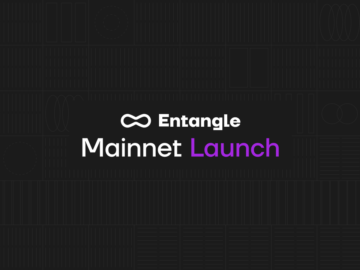ARMO Custom Controls Powered by ChatGPT enables users to quickly create custom controls based on Open Policy Agent (OPA) to solve their unique security needs.
The creator of the open-source Kubernetes security platform Kubescape, ARMO, has announced the integration of ChatGPT AI into the platform. This is achieved by building Open Policy Agent (OPA) based custom controls.
With ARMO Custom Controls powered by ChatGPT, users can address their security needs, such as securing Kubernetes clusters and CI/CD pipelines, ensuring they are configured correctly, and following security policies.
For your information, OPA is a standard for security policies constructed using the Rego declarative language. However, Rego is not a widely known or used language, and users may find it confusing and complicated.
Kubernetes clusters, on the other hand, have been under malware attacks over the years. This includes cryptomining malware, as well as malware like Siloscape.
What are the Benefits of Integrating AI?
ARMO Custom Controls will pre-train ChatGPT to comply with Rego and additional aspects to utilize and harness the full power of AI, producing custom-made controls via natural language.
The user will get the complete OPA rule that ChatGPT produces, a natural language description of the rule, and a recommended remediation process for quickly fixing the failed control without needing to learn a new language.
This allows users to run the new AI-generated control locally and use it live. They will soon be able to save it as an ARMO Platform custom control. These custom controls can be submitted as pull requests to the public registry library of Kubescape so that all Kubescape users can benefit from them.
Shauli Rozen, founder and CEO of ARMO, stated that the Kubernetes custom controls are the ideal use case for generative AI.
“By giving ChatGPT some important background and context first, ARMO Platform users can harness it to create custom controls and policies in seconds, complete with descriptions and suggested remediations.”
Google and Microsoft Also Announce AI Integration
It is worth noting that all mainstream tech firms are gearing up to integrate AI into their frameworks. On Tuesday, Microsoft announced a new version of Bing and Edge featuring a copilot and chat powered by the next-gen OpenAI language model, which is considered more powerful than ChatGPT. According to Microsoft, the new features will help optimize the web search experience for the user.
As reported by Hackread.com, Google has also launched its own AI-powered chatbot, dubbed Bard, to compete against ChatGPT. Bard is yet to be rolled out to the public, as it is undergoing a testing phase.
ARMOS’s integration with ChatGPT highlights the chatbot’s potential for helping security teams deploy security controls across the cloud in containerized network environments.
RELATED NEWS
- How to use AI in cybersecurity?
- 11 Best Types of Legal Software For Law Firms
- AI-Powered Glasses Give Deaf Power of Speech
- AI-based Model to Predict Extreme Wildfire Danger
- This AI Generates Unique and Free Bored Ape NFTs




